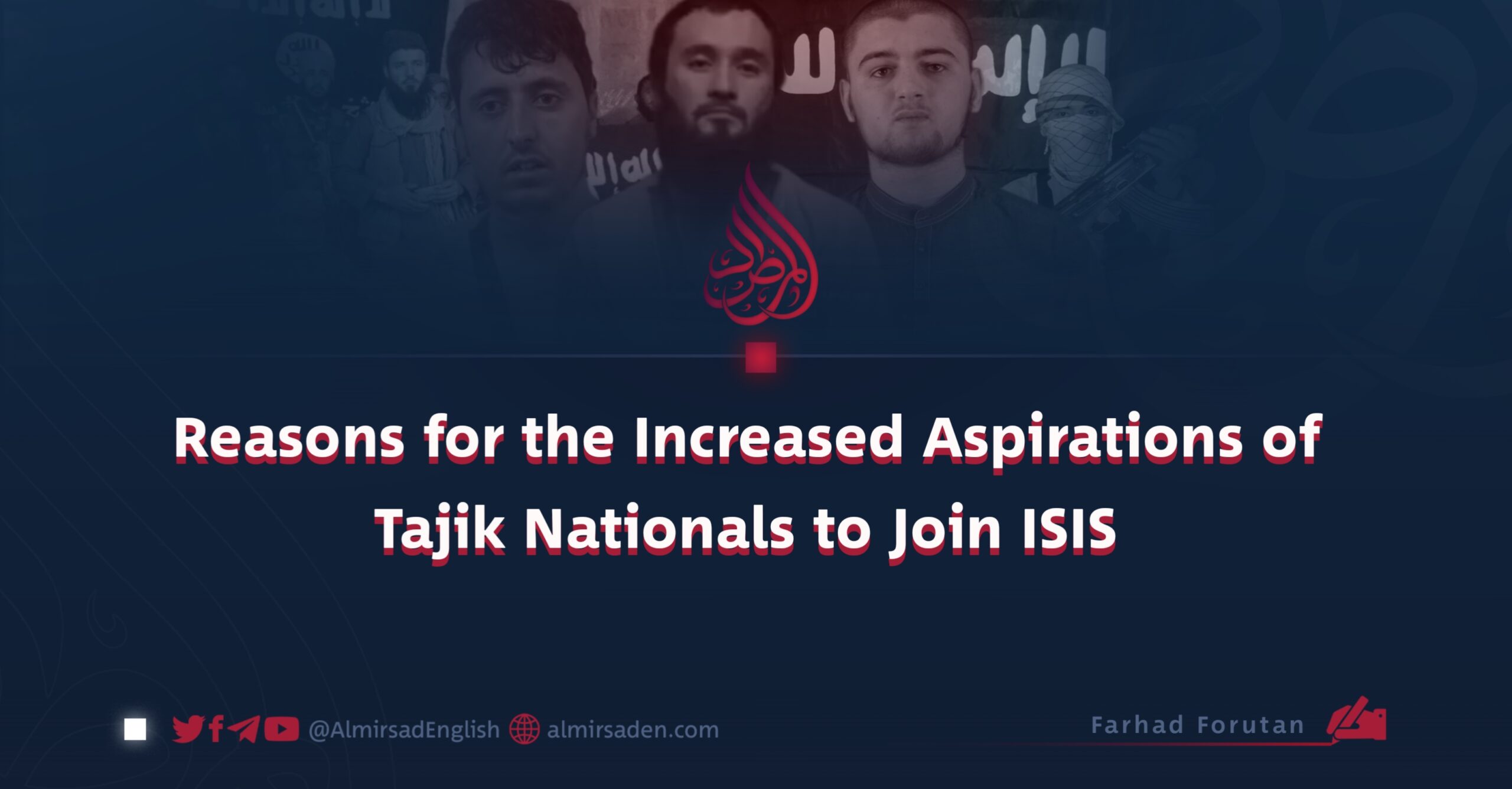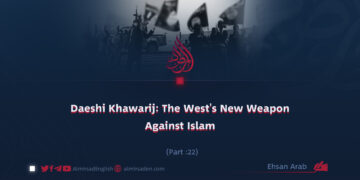Written by: Farhad Forutan
Recently, the spokesperson for the Islamic Emirate of Afghanistan (IEA) announced the capture of key members of the ISIS terrorist group during a series of specific operations. These individuals were involved in planning and executing an attack against the employees of the Directorate of Compliance and Oversight of Orders and Decrees in Kabul on the 2nd of September 2024.
As per the statement, a Tajik national, who was being groomed by Daesh for a suicide mission, was apprehended alive along with an explosive vest and ammunition from the hideout of the mastermind behind the Kabul attack.
Interestingly, The New York Times, citing experts, claimed that more than half of ISIS-K’s fighters are Tajik nationals.
According to this report, from 2014 to 2019, around two thousand Tajiks joined ISIS in Syria and Iraq. However, due to the military actions of the U.S.-led coalition, following ISIS’s defeat in Iraq and Syria, hundreds of Tajik fighters have joined the ISIS-K branch.
This raises a fundamental question: Why are Tajik nationals eager to join ISIS in Khorasan? What factors drive them to affiliate with this takfiri terrorist group?
Experts argue that the primary factors for some Tajiks joining ISIS in Khorasan are poverty, authoritarianism, and religious restrictions in Tajikistan.
Regarding poverty, it is worth noting that Tajikistan, with a population of ten million, is considered one of the poorest countries in Central Asia, with hundreds of thousands of its citizens migrating to various countries, particularly Russia, for a better livelihood.
Statistics indicate that over two million male workers live outside Tajikistan.
At the same time, Russia is the primary destination for Tajik workers, where widespread discrimination, low wages, and social isolation create conditions conducive to the recruitment of radical Islamists. As a result, Tajik nationals join ISIS in Khorasan in search of better pay.
The second major factor driving Tajiks to join ISIS is the dictatorship in Tajikistan. It should be mentioned that from 1992 to 1997, Tajikistan was embroiled in a civil war with the Islamic Revival Party of Tajikistan.
Although this war ended by this movement, it was labeled as a radical organization, and in 2015, it was declared illegal. Its leaders were killed, imprisoned, or forced into exile.
The current president of Tajikistan, Emomali Rahmon, has been in power since 1994. In 2016, he amended the constitution through a referendum, effectively making himself president for life.
Reports indicate that Tajikistan has at least 1,000 political prisoners, and the presence of at least 7,000 Russian troops in Tajikistan has bolstered Rahmon’s regime.
Another contributing factor is religious restrictions, which have deprived the youth in the country of proper education regarding divine and Islamic laws. Tajikistan has taken practical and symbolic steps to counter Islamists, including the arrests and suppression of Islamists, the public removal of women’s hijabs, and restrictions on young men’s beards.
A powerful committee has been established to oversee religious affairs, including worship, festivals, religious ceremonies, the construction of mosques, and the publication of religious texts.
Boys and girls under the age of eighteen are prohibited from praying in mosques, and collective religious education at home is also banned.
All these factors have played a significant role in fostering the interest of Tajik nationals in joining the Takfiri terrorist group, ISIS.

















































